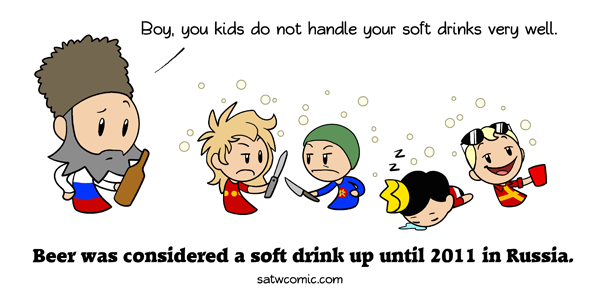
Happy Hour
Russia is one hell of a place.
Russia Sealand Kven Fennoswede Christania
7th September 2018
8 years ago #9787777
7
0
Until 2011 beer was actually considered just that: beer. Some regulation of advertisement was self-imposed by manufacturers as early as in 2003. The only significant effect was that beverages with low enough alcohol content were regulated slightly differently and weren't subjected to excise tax (edit: it was, but tax rate was very small).
In 2006, new rules were implemented for licensing, accounting, transportation and sales of drinks with high alcohol content, which still didn't include beer, beer-like products and some cocktails with low alcohol content. In 2011 law was modified to cover everything with alcohol content over 0.5%... Including perfume.
2006 law actually made it mandatory to register production and movement of products containing specified percentage of ethyl alcohol in unified federal database (EGAIS), which didn't work properly even in 2015. Perfume industry eventually was excluded from this law by an executive order, but only after it took a serious financial hit from not being prepared for new regulation and then being unable to work with EGAIS due to technical issues.
Same waiver was, apparently, later issued to wholesale distributors as well, which in combination with technical limitations of software made that database useless for it's stated purpose of monitoring production and tracking movement of ethyl alcohol from producer to consumer.
In 2006, new rules were implemented for licensing, accounting, transportation and sales of drinks with high alcohol content, which still didn't include beer, beer-like products and some cocktails with low alcohol content. In 2011 law was modified to cover everything with alcohol content over 0.5%... Including perfume.
2006 law actually made it mandatory to register production and movement of products containing specified percentage of ethyl alcohol in unified federal database (EGAIS), which didn't work properly even in 2015. Perfume industry eventually was excluded from this law by an executive order, but only after it took a serious financial hit from not being prepared for new regulation and then being unable to work with EGAIS due to technical issues.
Same waiver was, apparently, later issued to wholesale distributors as well, which in combination with technical limitations of software made that database useless for it's stated purpose of monitoring production and tracking movement of ethyl alcohol from producer to consumer.
8 years ago #9787766
4
3
Russia was always a wonderful place so long as you were too drunk to know the difference. That's why the Soviets, for all the delays and shortages, prioritized alcohol as well as food. The entire system worked, poorly but it worked, until Gorbachev decided to reduce the availability of alcohol. Out of a total coincidence, Russia experienced a fermentable crop shortage soon after, combined with the lack of tax revenue from alcohol sales, as well as Perastroyka, resulted in enough angry hangovers to end the USSR.
8 years ago #9788495
3
0
@minando
#9788476
The boy in the red shirt with three yellow dots is Christiania. The real-life Christiania is a district in southeastern Copenhagen which is known for being a self-declared "freetown", largely populated by weed-smoking hippie-like people. Within the universe of this webcomic, Christiania is a child of Denmark and an unkown mother (probably Sister Netherlands, according to my own theories).
The boy in the blue shirt and green hat is Kven. The Kvens are descendants of Finnish farmers and fishermen who settled in Northern Norway back in the 18th and 19th century. Within this webcomic, Kven is a child of Norway and an unknown mother (probably Sister Finland).
The sleeping dark-haired boy with a crown on his head is Sealand. The real-life Sealand is a self-declared micronation (in a very literal sense of that word) that occupies the offshore platform Roughs Tower, about 12 kilometres from the coast of Suffolk, England. Within this webcomic, he's a child of England and an unknown mother.
The boy in a red shirt with yellow cross and sunglasses is Fennoswede. The Fenno-Swedes are Finland's Swedish-speaking minority. Within this webcomic, Fennoswede is a child of Sweden and Sister Finland.
#9788476
The boy in the red shirt with three yellow dots is Christiania. The real-life Christiania is a district in southeastern Copenhagen which is known for being a self-declared "freetown", largely populated by weed-smoking hippie-like people. Within the universe of this webcomic, Christiania is a child of Denmark and an unkown mother (probably Sister Netherlands, according to my own theories).
The boy in the blue shirt and green hat is Kven. The Kvens are descendants of Finnish farmers and fishermen who settled in Northern Norway back in the 18th and 19th century. Within this webcomic, Kven is a child of Norway and an unknown mother (probably Sister Finland).
The sleeping dark-haired boy with a crown on his head is Sealand. The real-life Sealand is a self-declared micronation (in a very literal sense of that word) that occupies the offshore platform Roughs Tower, about 12 kilometres from the coast of Suffolk, England. Within this webcomic, he's a child of England and an unknown mother.
The boy in a red shirt with yellow cross and sunglasses is Fennoswede. The Fenno-Swedes are Finland's Swedish-speaking minority. Within this webcomic, Fennoswede is a child of Sweden and Sister Finland.
8 years ago #9788559
2
0
@EricTheRedAndWhite
#9788495
"Within this webcomic, Kven is a child of Norway and an unknown mother (probably Sister Finland)."
First I was like ...*wut*... and then I thought... I'd like to see a comic of that. Norway and Sister Finland on a date.
"Fennoswede is a child of Sweden and Sister Finland."
And then I read that and thought about all the possibilities of making the most awkward comic to date here.
#9788495
"Within this webcomic, Kven is a child of Norway and an unknown mother (probably Sister Finland)."
First I was like ...*wut*... and then I thought... I'd like to see a comic of that. Norway and Sister Finland on a date.
"Fennoswede is a child of Sweden and Sister Finland."
And then I read that and thought about all the possibilities of making the most awkward comic to date here.
8 years ago #9788285
2
0
context: beer with less than 10% alcohol had been considered a foodstuff, and was thus regulated like softdrinks in regards to where it could be sold and consumed. (also drinking ages.) with alcohol abuse on the rise (in particular, a rise in people getting drunk on beer instead of harder alcohol like vodka,) they redefined the limits.
beer with less than 0.5% alcohol is considered a softdrink in America, mind you. (most "non-alcoholic' beers are in fact just such low alcohol varieties of beer)
most of europe treated beer not too different from Russia up till the start of the industrial revolution.. beer with lower than average alcohol amounts (either through careful brewing or just being watered down) was acceptable for everyone to drink, even kids, in large part because the water just wasn't all that safe. tea, wine, and other options were there obviously, but beer was cheap and common, unlike everything else. once sanitation and water quality improved, beer as a 'soft drink' (a term originally used to refer to drinks with low alcohol content specifically, same origin as the term 'hard liquor') stopped being as socially acceptable. especially once the temperance movements started up, and Beer was seen as a gateway to harder spirits like Whiskey and Rum.
beer with less than 0.5% alcohol is considered a softdrink in America, mind you. (most "non-alcoholic' beers are in fact just such low alcohol varieties of beer)
most of europe treated beer not too different from Russia up till the start of the industrial revolution.. beer with lower than average alcohol amounts (either through careful brewing or just being watered down) was acceptable for everyone to drink, even kids, in large part because the water just wasn't all that safe. tea, wine, and other options were there obviously, but beer was cheap and common, unlike everything else. once sanitation and water quality improved, beer as a 'soft drink' (a term originally used to refer to drinks with low alcohol content specifically, same origin as the term 'hard liquor') stopped being as socially acceptable. especially once the temperance movements started up, and Beer was seen as a gateway to harder spirits like Whiskey and Rum.
8 years ago #9788217
2
5
And in the rest of Europe some other despicable things are considered "normal" these days. The west will succumb to its own degeneracy, and Russia will win.
Add comment: Please Sign in or create an accout to comment.
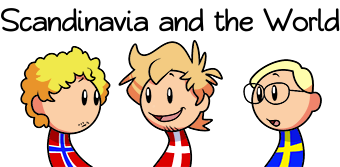

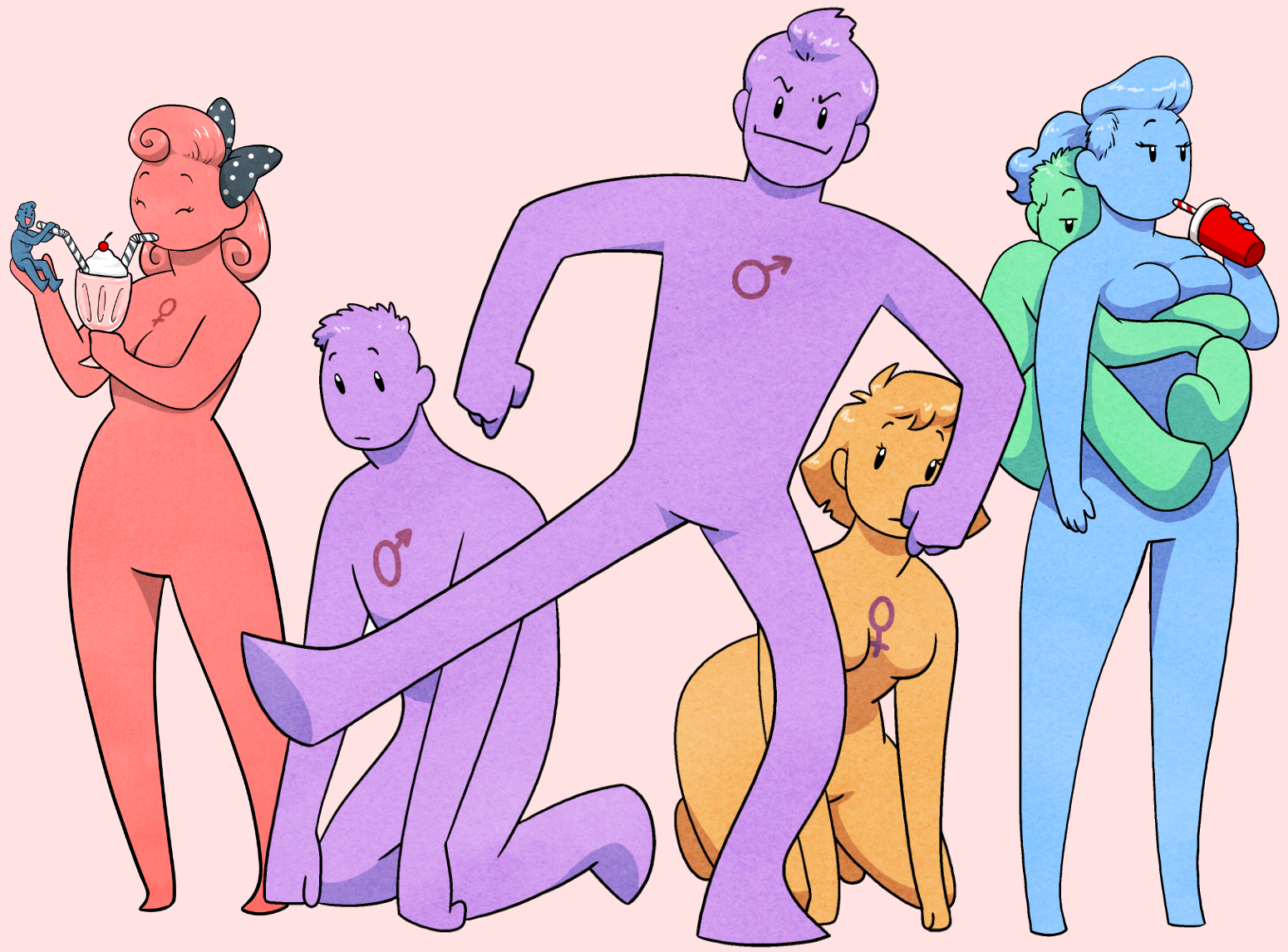
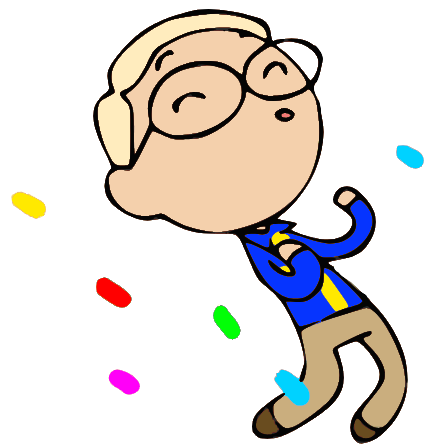 Support the comic on
Support the comic on 
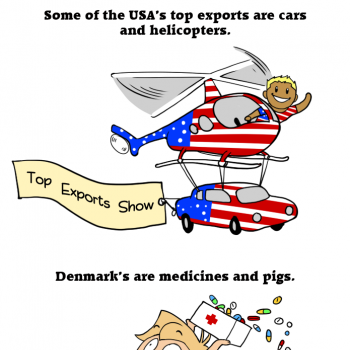































35